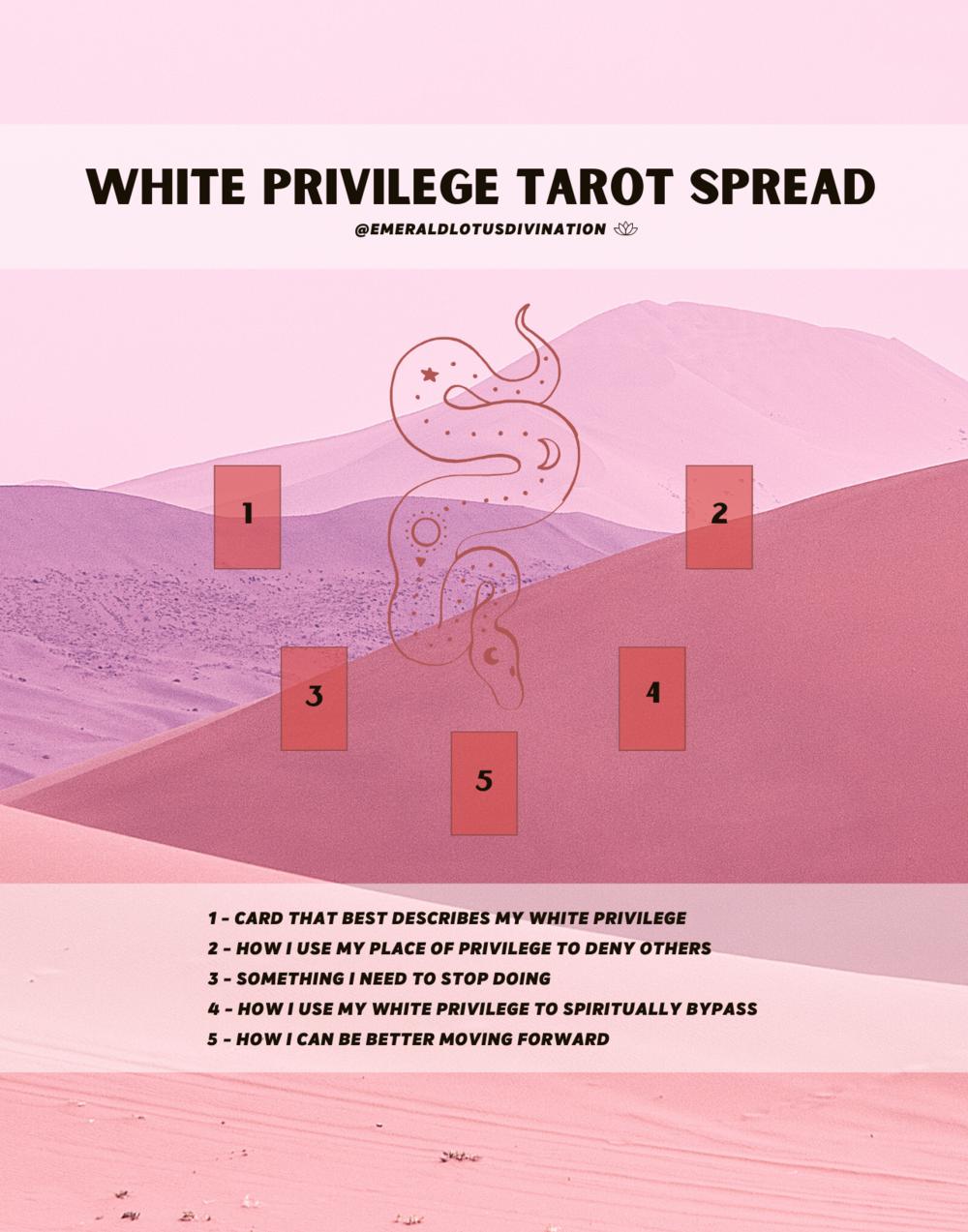
Barnum Effect is a psychological phenomenon. It is when people give high accuracy ratings on descriptions of their personalities. It is most common in the marketing industry. It is also used in psychiatry, astrology and other areas. Why does this happen? Let's take a look at some common examples.
Marketing
The Barnum Effect is a psychological phenomenon where people's beliefs are made to seem true. This effect can be used to market products or services. Betram Forer observed the phenomenon for the first time in 1949. The same holds today. A Barnum effect person will likely spread the message to a large number of people.
This effect targets individuals and businesses using data, rather than traditional marketing. Amazon uses the Barnum Effect, which is a combination of seasonal promotions and banner ads that are displayed on product websites, to attract customers. You can also share flattering information with the public, such as persuasive sales copy or seasonal promotions.

In psychiatry
In psychiatry, the Barnum effect is a phenomenon where people are given too general descriptions of themselves. Paul Meehl was an American clinical psychologist who became frustrated with the general statements in psychometric report. He proposed the term to stigmatize the practice of pseudo-successful clinical procedures. This happens when psychometric tests are used to describe a person's personality in a way that is too general and fits the patient.
The "barnum effect" is a term that refers to people accepting vague descriptions about themselves. However, it's more complex than that. People associate statements about themselves with past experiences or familiarity. Even though they realize how general and vague it is, this reinforces their belief in the statement.
In horoscopes
The Barnum effect in horoscope readings is a cognitive bias in which people will accept positive statements about themselves as true when they are told they apply to them specifically. This effect can be very damaging to the credibility and validity of horoscope readings. However, there are ways to avoid succumbing to the Barnum phenomenon in horoscope-readings.
An example of this is the 19-year old Keralite who married early after receiving advice from an astrologer. Unfortunately, the marriage failed to last and the young lady died of dowry harassment just months later. This is one of many examples that shows the dangers of blindly depending on horoscopes. Although horoscopes have their uses, it is wise to think twice about relying on them.

In mentalism
The Barnum Effect is a technique where people perceive a statement to be more true than it really is. This technique is often used in fortune telling and dime shows. It is best used on people who are receptive to being mislead and are in a social setting.
In psychology, the Barnum Effect is commonly used to create false feedback in experiments. The Barnum effect is a method that gives participants general information to make them think they know the person talking about.
FAQ
What are your top hobbies?
Doing something you enjoy is the best hobby. You will find it easier to stay motivated if you love what your doing. It will also be easier to find a reason to stop feeling tired or sick.
There are many hobbies that we all enjoy: gardening, painting and crafts; photography; cooking; sports and games; reading music and film-making; collecting; cycling, walking, dancing and writing; playing instruments and other musical instruments.
Volunteering could be a great option.
Perhaps you want something more adventurous. Why not take up scuba diving, rock climbing, sky diving, bungee jumping, white water rafting, sailing, surfing, canoeing, kayaking, horse riding, zip lining, hang gliding, paragliding, skydiving, snowboarding, skiing, mountain biking, hiking, camping, fishing, hunting, archery, shooting, clay pigeon shooting, target shooting, golf, tennis, swimming, snorkeling, windsurfing, waterskiing, kitesurfing, wakeboarding, standup paddle boarding, hang gliding, parasailing, hot air ballooning, paragliding and many more.
There are many ways to enjoy nature, even if you don't want to travel far. You can go cliff diving, cave tubing or snowshoe hiking, snowshoeing or snowkiting.
What does a hobby cost?
Time is all that's required to make a hobby a success. If you're serious about your hobby, it can take you years to get what you want.
One thing can help you. It's called passion'. Passion will help you put in the effort to succeed.
Once you put in the hours, you might find yourself addicted to the activity. Here is the fun part! Because you're doing something you like and it keeps getting better. You will likely have seen a significant improvement by the end the year.
So don't worry too much about how long it takes. Don't be afraid to try. You might be surprised by what you find!
What are observation hobbies exactly?
Observation hobbies are activities where you observe people doing what they do. This could be watching sports, reading books or going on holiday. You could also observe other people.
You can learn creativity through observation hobbies. You can use this knowledge later when you're working on projects for yourself or others.
You'll find that if you're interested in something, then you'll have an easier time learning about it.
You might watch or read about football to learn more. If you want to learn more about photography, you could take or visit exhibitions.
If you enjoy playing music, you could play along to songs online or buy a guitar.
You have the option to make your own meals or take out at a restaurant if you enjoy cooking.
If gardening is your passion, you can grow vegetables and flowers.
You could take a class or go out dancing with your friends if you enjoy dancing.
If you enjoy painting, you might paint pictures.
You could also write poems or stories if you enjoy writing.
You can draw pictures if your passion is drawing.
If you are passionate about animals, you can look after them or work at the zoo.
You could choose to study biology, maths, chemistry, or physics if you are interested in science.
You can read books, listen to podcasts, or watch films if history interests you.
If you enjoy traveling, you can travel around the world or just explore your own area.
How do I get started with my new hobby?
It is important to choose the type of hobby you want to start.
Passion is essential once you have selected your subject.
Understanding why you are interested in a hobby is important. This will help you find direction and a purpose.
Once you decide what kind of hobby you want, you can start planning.
Think about the equipment that will be needed.
Consider whether classes or seminars are necessary.
Ensure that you have enough space for your hobby.
Consider joining a club, or group. These groups are often supportive and offer advice.
Also, consider how much money your hobby would cost.
Statistics
- The intensity of the dialogue partners' bond at the end of the forty-five-minute vulnerability interaction was rated as closer than the closest relationship in the lives of 30 percent of similar students. (time.com)
- In comparison, men in the “no humor” condition were refused 84.6% of the time and were only accepted 15.4% of the time. (time.com)
- Studies show that just six minutes of reading can reduce stress levels by 60 percent. (oberlo.com)
- A new survey by Pew Research Center of teens ages 13 to 17 finds that 36% of girls feel tense or nervous about their day every day; 23% of boys say the same. (pewresearch.org)
- This 100% accurate personality-analyzing hobby quiz discovers your passion based on your characteristics. (quizexpo.com)
External Links
How To
How to start gardening
Gardening is one of the oldest forms of agriculture. It requires patience, persistence, and determination. First, choose a place where you would like to grow food. This could be a large plot of land or even just a small area in your backyard. Next, pick the type of plants that you would like. Do you prefer vegetables, or flowers? Some people like to grow herbs and others enjoy raising livestock, such as rabbits. Before you decide what crops to plant, you should think about how much space is available. If you live in a region that experiences cold winters then it is possible to grow fruits and berries.
Once you have made your choice, it is time to prepare the soil. It is vital that your soil is prepared properly to determine whether or not your plants will thrive. High quality soil is rich in organic matter, which feeds your plants' roots. Organic matter includes leaves, twigs (grass clippings), manure, compost, and manure. After you have prepared the soil, you will need to add nutrients. You will need different amounts of nutrients depending on which type of plants are being grown. A fertilizer calculator online can help you determine these values. Many fertilizers are available, so make sure you know what you are buying.
After you have prepared the soil and added nutrients, it is time to wait for your seeds germination. This process usually takes anywhere from 2 weeks to 3 months, depending on the weather and the temperature in your area. After seeds have sprouted, water them every day. Problems can arise if you water your plants too frequently or too little. You should ensure that your plants get enough water at regular intervals. Avoid overwatering. Overwatering can lead to root rot and fungal diseases. Keep in mind that plants are more thirsty during summer than winter. Remember that some plants require drying out after being watered. For example tomatoes should be kept slightly moist and not wet. They won't tolerate soggy soil. After plants finish flowering, they need to go dormant. Plants go dormant when they stop producing new growth and instead store energy for next year's harvest. Dormancy means that the plant stops communicating with its roots about producing food. Plants continue to store energy throughout this period. The plant will eventually die if it is not given enough sunlight or temperatures below freezing.
You may be limited in what plants you can grow if you live in an urban area. Concrete sidewalks, roads, buildings and parking lots are all common in urban areas. These blocks block sunlight from reaching ground level. Concrete absorbs light and prevents soil below from getting sufficient sun exposure. Because of this lack of sunlight, many plants cannot survive in cities. Fortunately, there are still many plants that can thrive in an urban environment. Many trees, perennials, shrubs, as well as shrubs can be adapted to urban living. Many annuals can be grown indoors, too, in containers. You can grow fresh greenery year-round in containers.
You're now ready to plant after you have chosen where and what to grow in your garden.